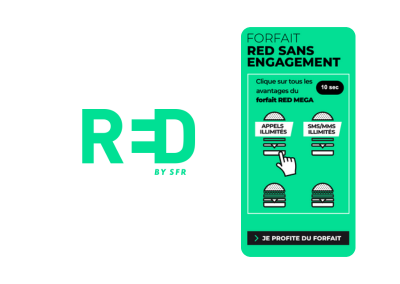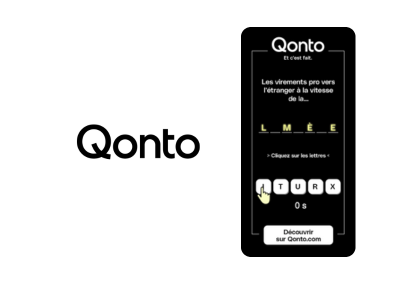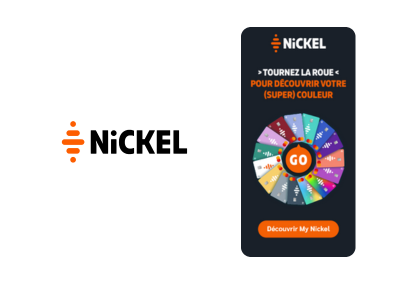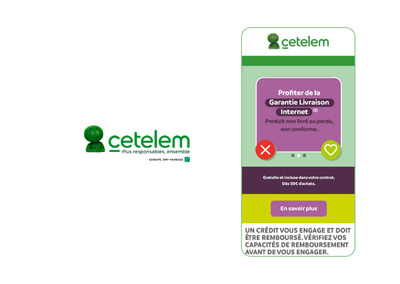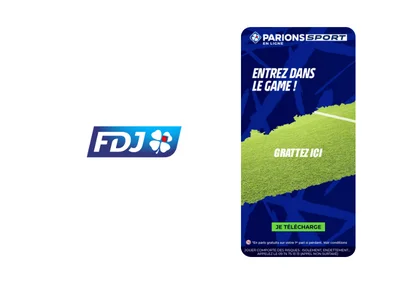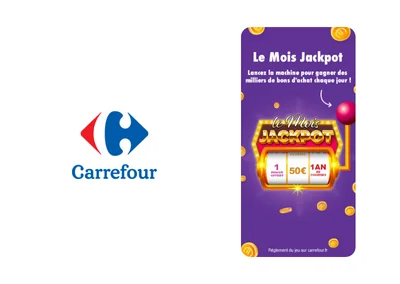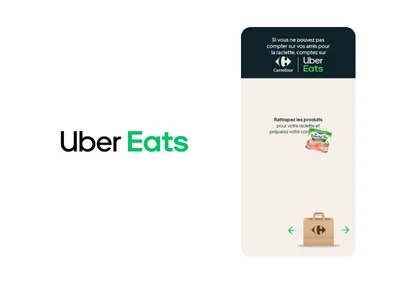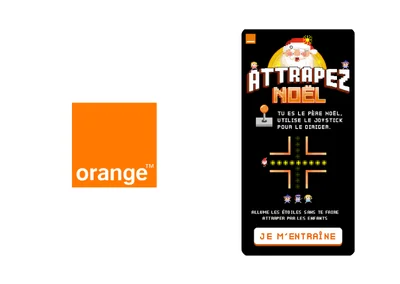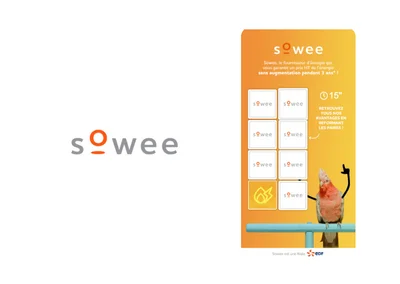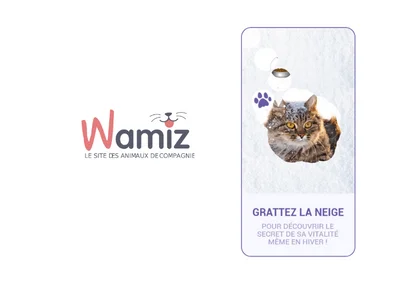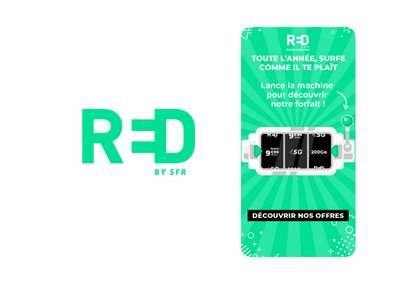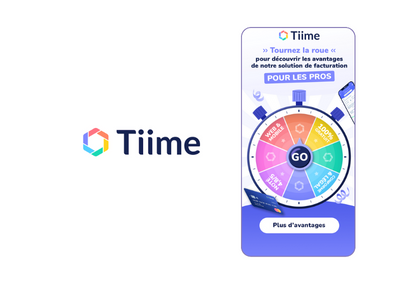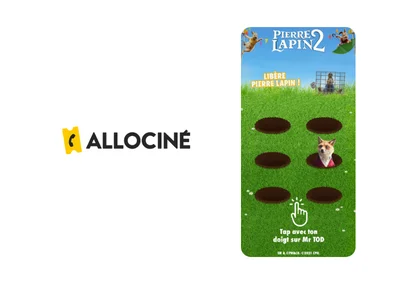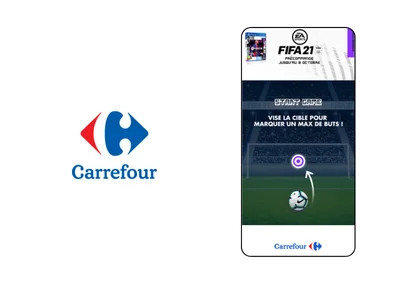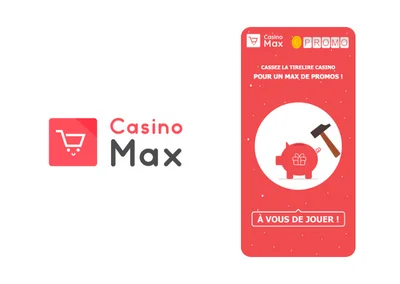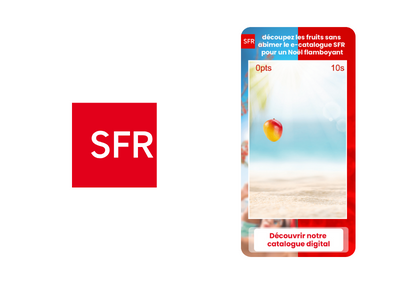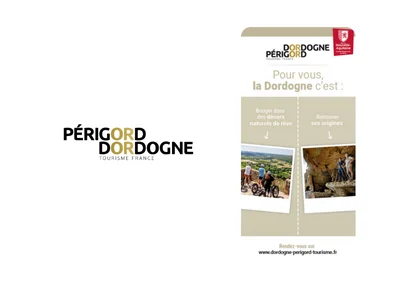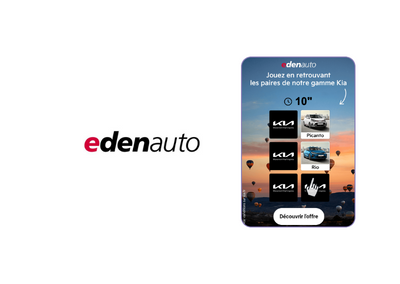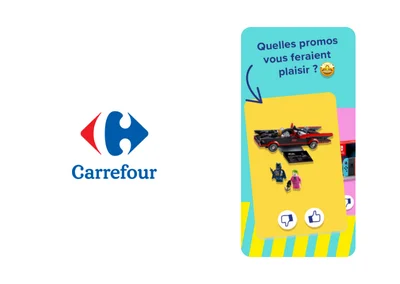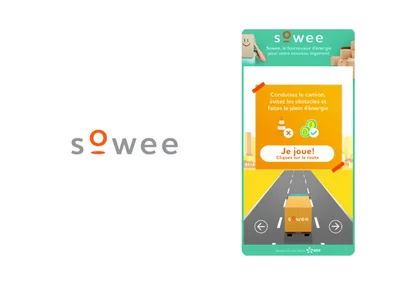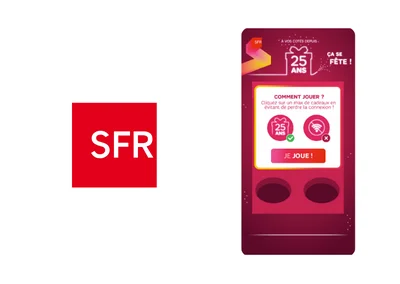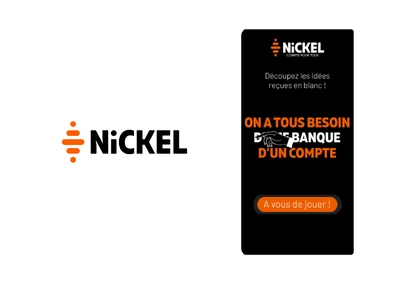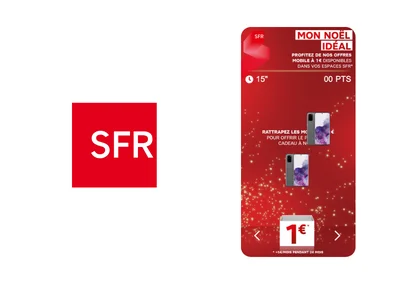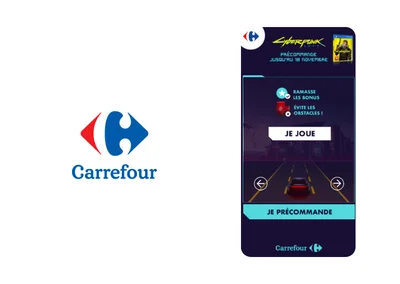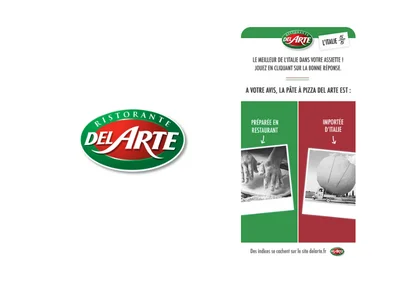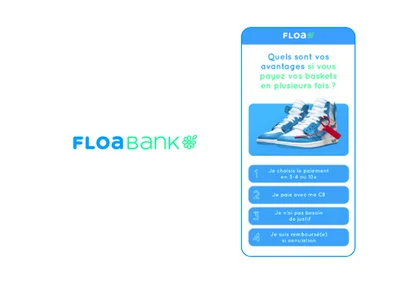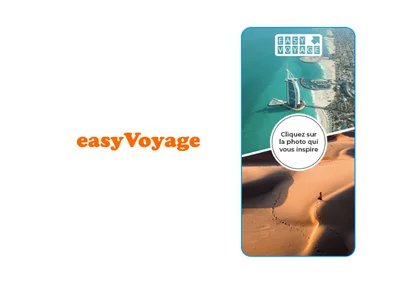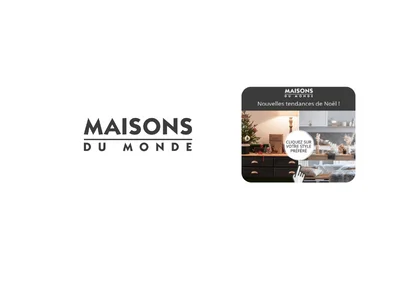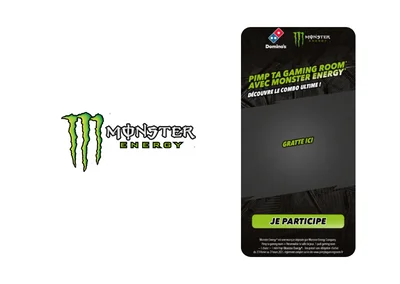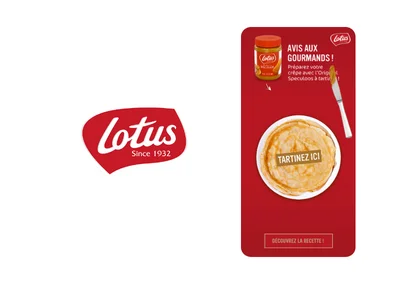Le saviez-vous : chaque jour en moyenne, un individu est exposé à plus de 1200 publicités! Ce chiffre vous paraît exorbitant ? Cela signifie peut-être que vous êtes victime de banner blindness ou burn-out publicitaire. Ce phénomène d’aveuglement touche notamment les internautes et fait l’objet de nombreuses études. Mais, si elle n’est pas appréciée de tous, la publicité est indispensable à toute stratégie marketing. Elle a pour objectif de cibler une audience et l’inciter à adopter un comportement (achat, inscription,…). Découvrons comment faire passer un message à un public qui ne cesse de détourner le regard, grâce au display interactif et aux Playable ads.
Banner blindness: consumers blinded by advertising, how can we restore their sight?
Digital advertising desperately seeks audience
Banner blindness is an Anglicism widely used in marketing. It refers to a form of selective attention in which an individual ignores the information presented in banners. This attitude (whether conscious or unconscious) is adopted to avoid interacting with advertisements. indeed, the latter are perceived as likely to disrupt user experience.
But when is an ad visible or invisible to a user?
A classic display ad is considered visible if at least 50% of its surface is displayed on the screen for one second. In other words, the display banner has to stand out to attract interest in such a short space of time.
But there’s a world of difference between seeing and remembering.
After this time, 62.5% of Internet users have left the ad. For the remaining 37.5%, a phenomenon emerges: ad recall. In fact, there’s a link between observation intensity and memory. Basically, the duration of viewing is positively correlated with memory. This means that the more you watch an ad, the more likely it is to be remembered.
There is none so blind as those who won’t see
It may seem surprising, but while 2.5 seconds may seem like a very short time, in the world of advertising it’s a very difficult time to achieve!
Why is this? It’s a phenomenon linked to human nature. Studies show that users have trained themselves to ignore elements that resemble advertising. This makes it more difficult for advertisers to stand out in the mass of information and ads encountered
Moreover, it turns out that 35% of French people block Internet advertising with software such as Ad blockers. This shows a clear rejection of this mode of communication.
And for those who are touched by advertising?
A recent study gives us an overview of the average click-through rates of display campaigns for different formats:
Bloc format: 0,14%
Megaban: 0,08%
Skyscraper: 0,10%

These low rates don’t necessarily mean that the ads featured are poorly designed or inappropriate, but rather that consumers are too used to seeing them and therefore more likely to ignore them. The Megaban and Skyscraper formats are the hardest hit, as they are considered advertising formats from the outset.
As a reminder, the formats available on Adictiz Playable Ads are:
Pavement (300 x 250)
Wide angle (300 x 600)
Cladding (1800 x 1000)
Interstitials (640 x 960)

The lack of innovation in the advertising world is causing fatigue, and the solution may well be to be more creative in order to stand out from the crowd.
Ensure the visibility of your display formats with Playable Ads
Playable advertsing: a solution to counter banner blindness?
To answer the question we’ve just raised, it’s worth looking at the Playable Ads model.
This interactive display format is ideal for boosting campaign visibility, performance and brand awareness.
Integrating a game mode into a advertising has many advantages and meets several objectives:
- Raising awareness: publicizing and demonstrating the added value of an offer
- An engagement objective: to encourage users to spend time and interact with a brand.
- A qualification objective: capitalize on preferences by recovering user insights
The interactivity and playfulness of the format allows display advertising to stand out in today’s advertising landscape.
Would you like to discover other concrete example of Playable Ads? We invite you to discover three case studies in our webinar replay!
In this respect, the click-to-play rate of playable Ads (7%) is far higher than the average click rate of conventional display (0.10%)
It’s interesting to note that a playable Ads campaign performs better in terms of clicks than a classic ad. However, if the campaign only reaches a very small audience, its value is limited. That’s why it’s essential to consider the distribution plan for a campaign to ensure its success.
No campaign performance without an optimized distribution plan
How do you ensure the strategic and effective delivery of a Playable Ads campaign?
The first step in this direction is the integration of a targeted audience:
- It must correspond to your personae, thus allowing a level of qualification of the people who will see the advertisement
- Geographical area, demographics, centers of interest and more specific audiences are all possible information to integrate into targeting.
But that’s not all. You can also reach out to hyper-qualified audiences. And what could be more qualified than your own prospects or customers?
In playable Ads, it is possible to:
- Retargeting means making your playable visible to your database or site visitors. This type of audience is the most qualified, but very limited.
- Doing a lookalike, i.e. make your playable visible to an audience similar to your retargeting audiences. The advantage is that you’ll be able to reach large, highly-qualified audiences.
- Interest-based targeting, i.e. making your playable visible to an audience with interests or hobbies consistent with your campaign.
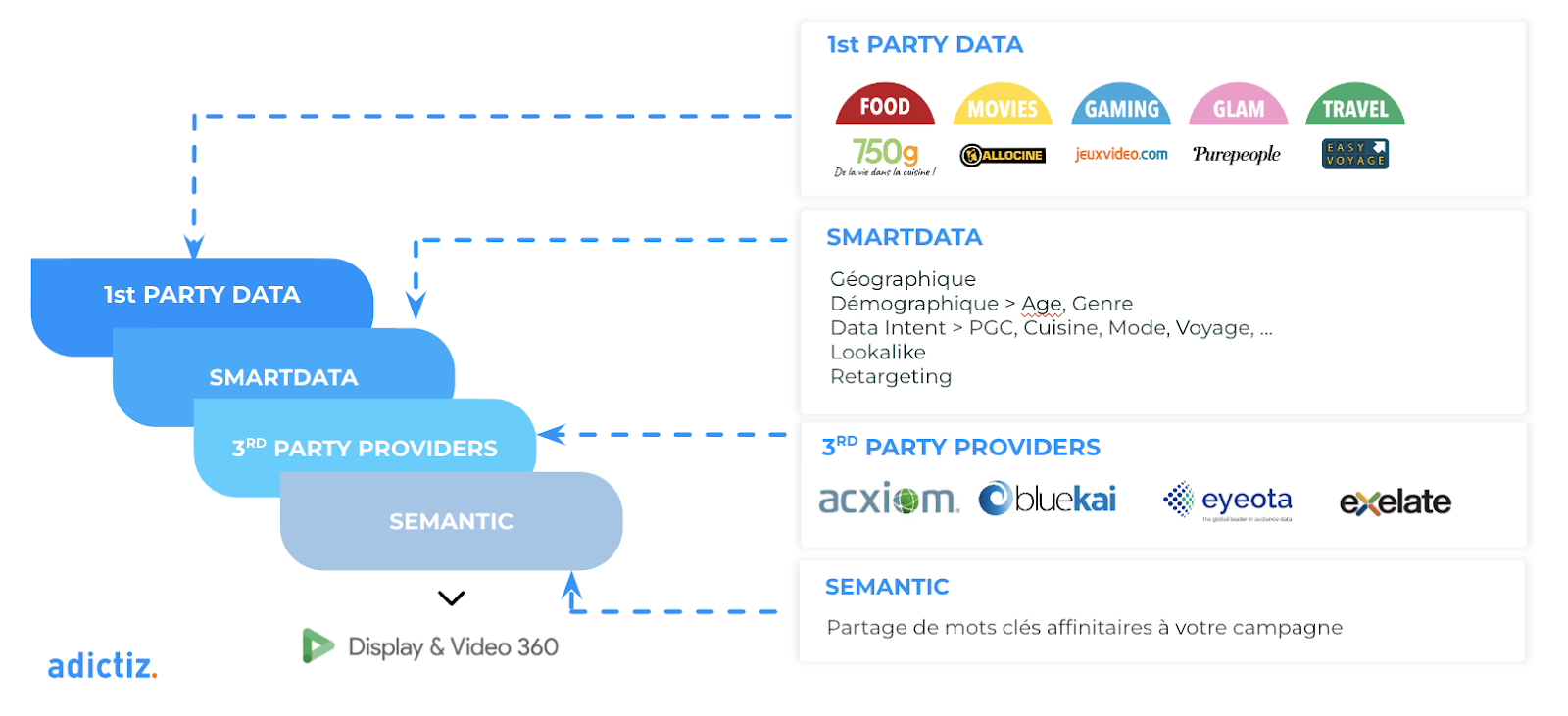
Increase recall and time spent with your brand thanks to interactive displays
As you can see from Dale’s learning cone below, the game format drastically increases memorization around an activity, product or brand.
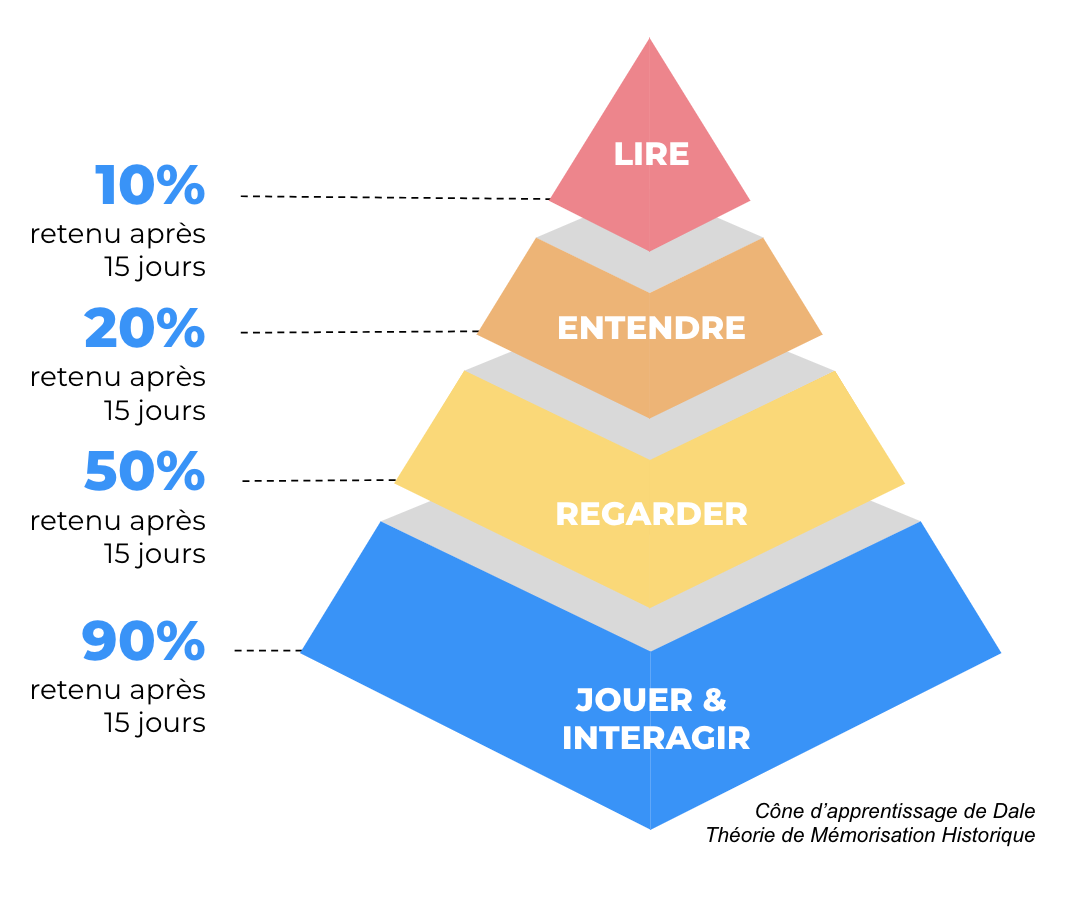
The time a user spends with a brand is greater when he or she is viewing a playable format.
The strength of playable Ads is that they enable users to make direct and prolonged contact with offers, benefits or a message throughout the gaming experience.
What’s more, they can increase their level of qualification at every stage.
Conclusion
Congratulations, you’ve reached the final line! Want to find out more? Watch the replay of our webinar on the subject. In the company of Léa, Adictiz’s Acquisition Manager, discover our concrete customer use-cases on the subject, and take part in the QA session at the end of the webinar.



